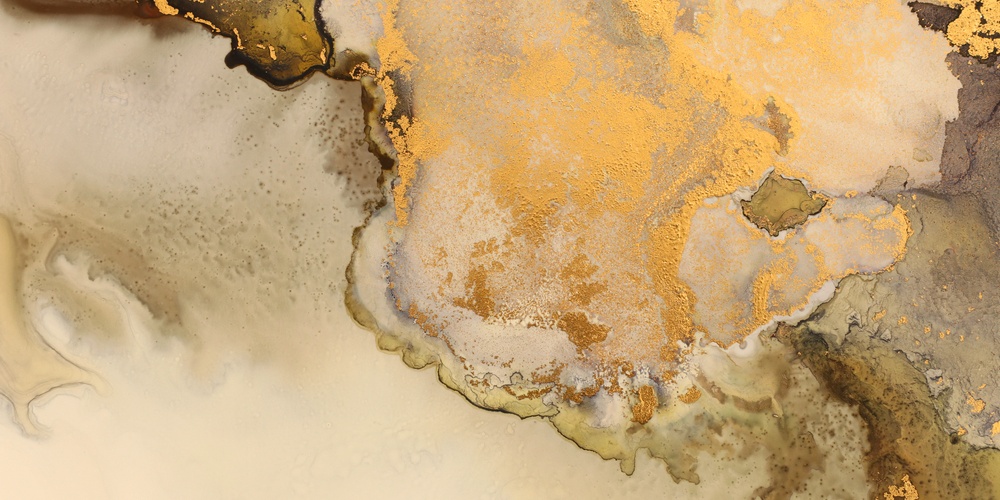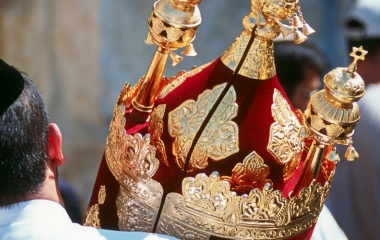
Our Sages assert that the Torah pre-dates the creation of the world, in essence serving as the architectural blueprint of creation. This is a beautiful concept that teaches that Torah is built into the fabric of the world. Nature and morality are to work together harmoniously. Nature, true to its mission, never veers from its divinely ordained role. The heavenly spheres, the earthly plants follow their set pattern day after day, month after month and year after year. A life of Torah—of ethics and morality—is a most natural existence.



